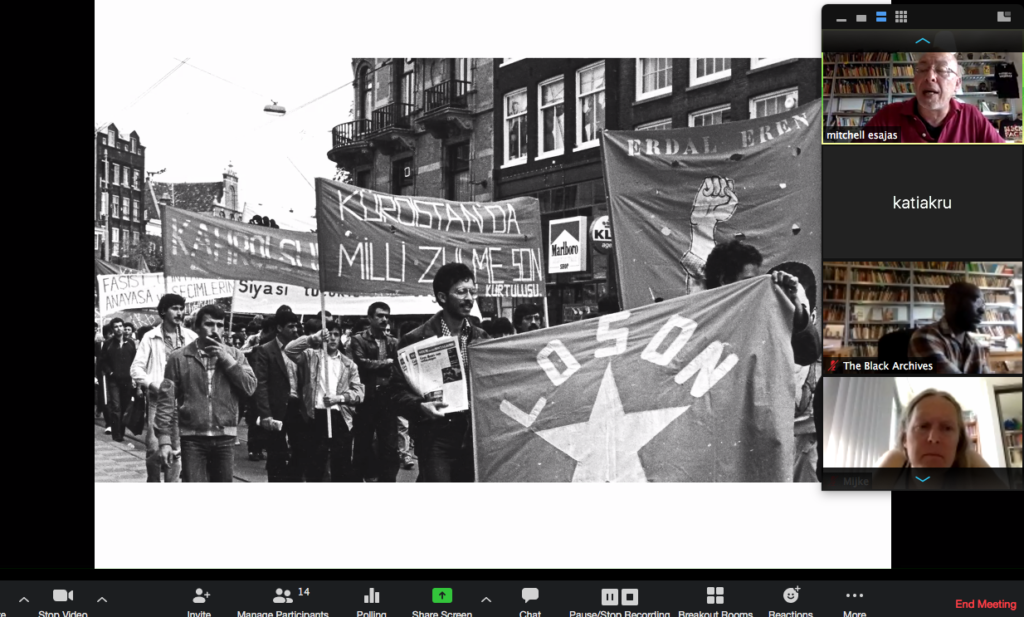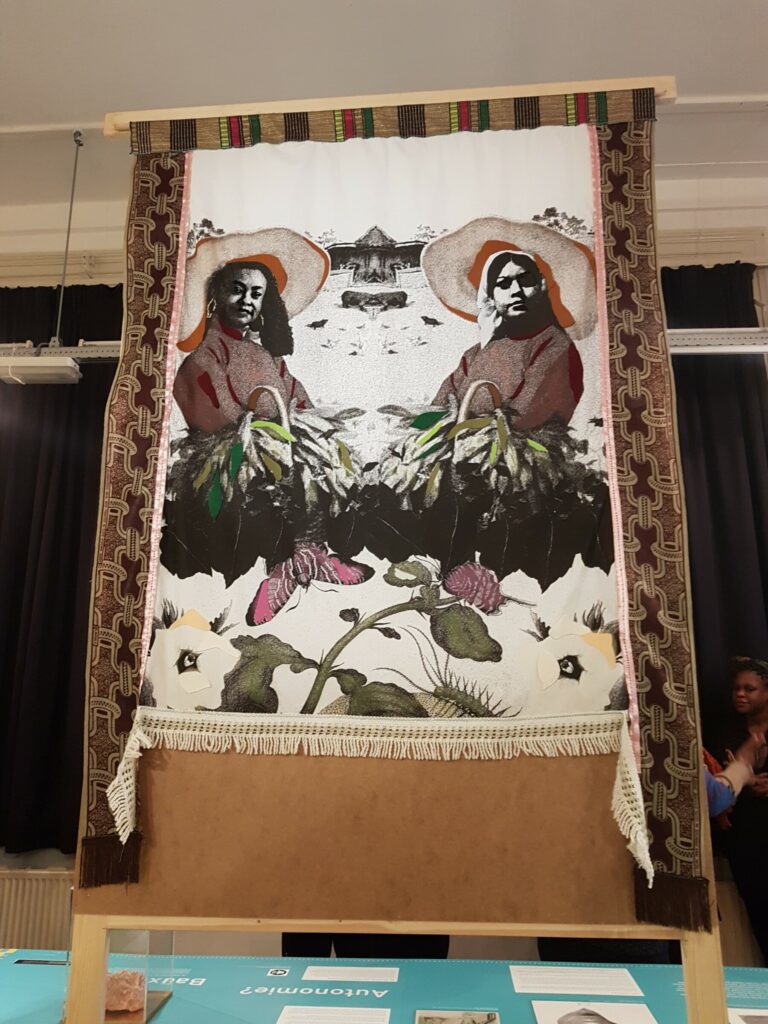Mitchell Esajas
Anthropologist, curator, and social entrepreneur Mitchell Esajas is involved in various community projects in education, employment, diversity, and sustainability and is Co-Founder and Chairman of New Urban Collective, a network for students and young professionals from diverse backgrounds with a focus on the Surinamese, Caribbean, and African diaspora. Having studied Business Studies and Anthropology at Vrije Universiteit Amsterdam, Amsterdam, in 2016 he co-founded The Black Archives, Amsterdam, a unique collection of books, documents, and artifacts documenting the history of black people and black resistance in the Dutch context. Based on the collection, The Black Archives develops work with artists, activists, and scholars, as well as exhibitions and other public activities, winning the 2018 Amsterdam Art Prize. Esajas is a BAK 2019/2020 Fellow. Esajas lives and works in Amsterdam.


